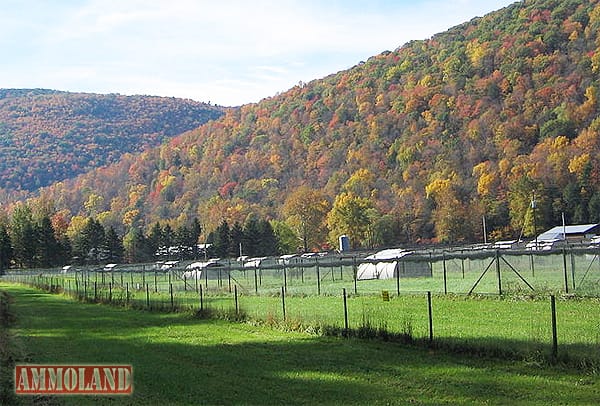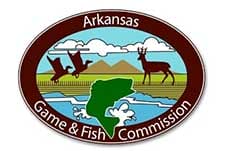

Little Rock, AR -(Ammoland.com)- Farmers and landowners in Arkansas have until Nov. 21 to submit applications to receive financial assistance to implement conservation activities through the Environmental Quality Incentives Program for the 2015 program year.
Applicants can sign up at their local USDA Natural Resources Conservation Service field service center. According to David Long, Arkansas Game and Fish Commission private lands supervisor, the new Farm Bill dropped the Wildlife Habitat Incentive Program and replaced it with wildlife cost-share funding in the EQIP.
“Landowners interested in improving, restoring and creating habitat on their property should continue to apply at their County NRCS office using the EQIP. The new Farm Bill included a minimum of 5% EQIP funds be devoted to wildlife practices,” Long explained. “With WHIP no longer available, landowners need to know, they can still apply for EQIP wildlife funding,” he added.
Individuals and other entities who own forestland, cropland and pastureland are eligible to participate in EQIP. The Nov. 21 EQIP deadline is for consideration in the local, state and initiative funding categories including wildlife.
High priority wildlife practices landowners can receive cost-share assistance include, but not limited to, prescribed burning, forest stand improvement for wildlife, planting native grasses and forbs, establishing pollinator habitat, native tree and shrub planting, stream bank restoration, shallow water development, and wetland wildlife habitat. Many species of wildlife will benefit from implementing these practices including deer, turkey, quail, waterfowl, reptiles and amphibians, along with many declining grassland and forest dwelling songbirds and other species of conservation concern.
Local categories focus on the primary resource issues in a localized area, as identified by the locally-led conservation workgroup representatives for each county or designated local area. Wildlife conservation practices are available through various funding pools.
“Other than wildlife resources, EQIP cost-share practices can also address water quality issues related to animal manure management and sedimentation, forestland enhancement, and reduction of erosion. Landowners can apply for not only wildlife practices but others to develop a holistic strategy to address all conservation issues on the land,” Long advises.
All applications will be evaluated for funding based on a state and nationally developed procedure to optimize environmental benefits. Applications ranking highest in a funding category will be funded subject to availability of program funds.
“It is very important to note, landowners should call their county NRCS office to set up an appointment to sign-up as soon as possible to start the process to have their application considered for this EQIP funding cycle. Landowners can sign-up anytime of the year, but applications are considered for funding 1-2 times each year. With applications this go-around accepted through Nov. 21, it is critical to make application sooner rather than later to be considered for funding during this program year,” Long said.
For more information and to locate your county NRCS office, click here. Landowners may also obtain assistance from a statewide staff of AGFC private lands biologists. For more information on EQIP and establishing and maintaining wildlife habitat on your property along with other programs to help, contact an AGFC private lands biologist at: Beaver Lake, 866-253-2506; Harrison, 870-741-8600 ext. 114; Hope, 877-777-5580; Calico Rock, 877-297-4331; Little Rock, 877-470-3650; Brinkley, 877-734-4581; Jonesboro, 877-972-5438 and Monticello, 877-367-3559.
To locate the private lands biologist that covers your county, go the AGFC Habitat and review the map for contact information.
About The Arkansas Game and Fish Commission (AGFC)
The Arkansas Game and Fish Commission plays an important role in keeping The Natural State true to its name. During the last 100 years, the agency has overseen the protection, conservation and preservation of various species of fish and wildlife in Arkansas. This is done through habitat management, fish stocking, hunting and fishing regulations, and a host of other programs.
